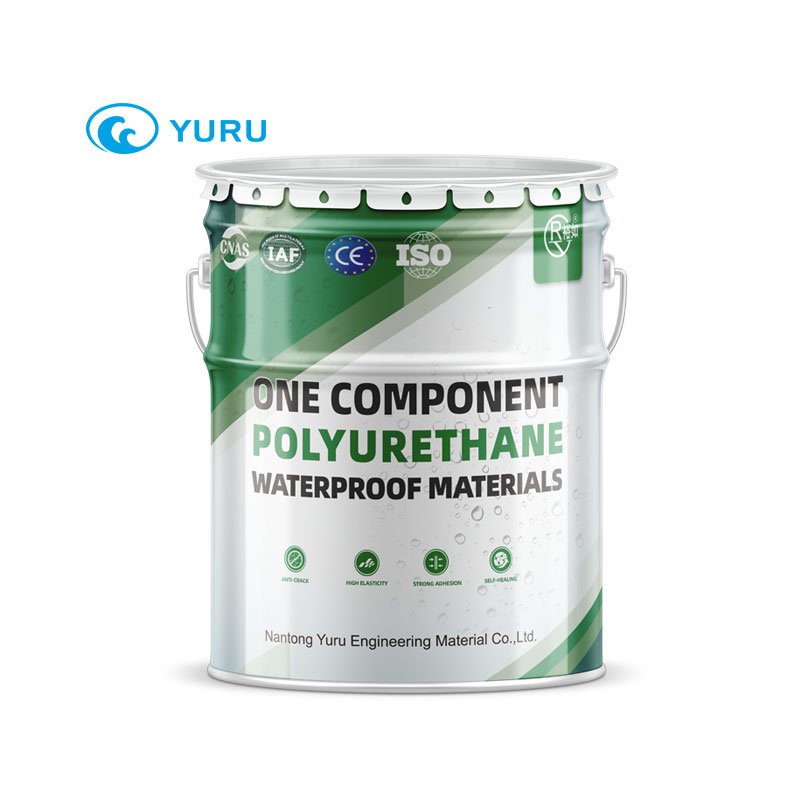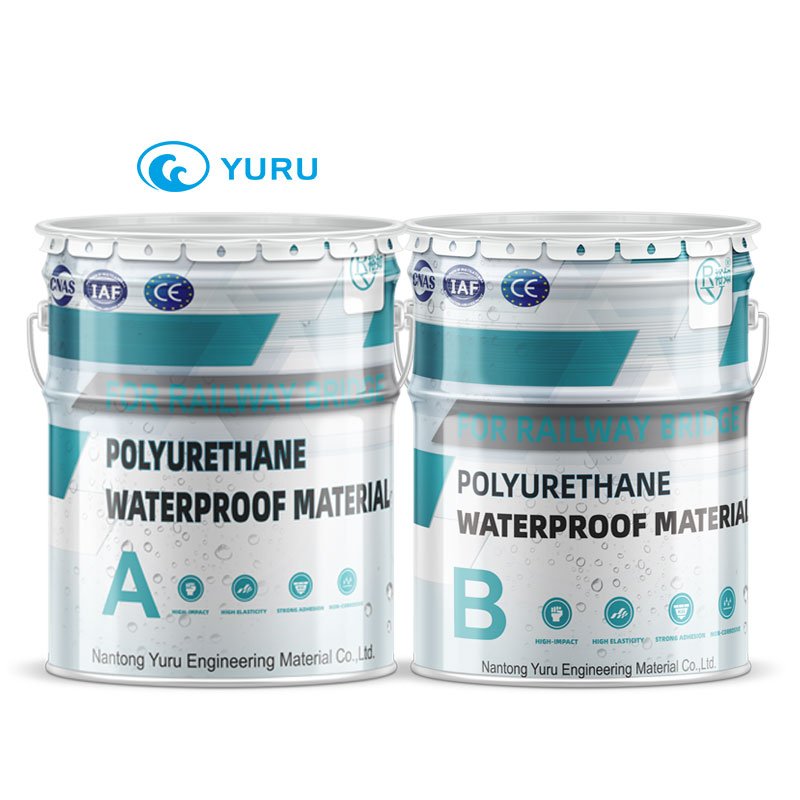Is Polyurethane Good For Waterproofing?
Introduction
Waterproofing is important for preserving the longevity and integrity of any structure—especially concrete, roofs, basements, and wet areas. One material that’s gained a reputation for outstanding performance in this space is polyurethane.
But is polyurethane really good for waterproofing? And where does it work best?
In this article, we explore what polyurethane waterproofing is, its key advantages, ideal applications, limitations, and why it’s considered one of the most versatile materials in the waterproofing industry.


What Is Polyurethane Waterproofing Material?
Polyurethane waterproofing refers to the use of liquid-applied polyurethane-based coatings or membranes that form a seamless, elastic, and durable protective layer. These materials cure into a rubber-like film that adheres tightly to the substrate, offering excellent waterproofing and flexibility.
Polyurethane coatings are typically made of:
- Polyols and isocyanates (core components)
- Additives that enhance UV resistance, curing time, or flexibility
- Single-component or two-component formulations
Unlike sheet membranes, polyurethane is applied as a liquid, which allows it to conform to irregular surfaces and complex geometries—making it ideal for detailed or hard-to-reach areas.
What Are the Key Advantages of Polyurethane Waterproofing?
Polyurethane is widely regarded as one of the most versatile and effective waterproofing materials, especially for long-term performance and challenging environments. Its advantages include:
| Feature | Benefit |
| High elasticity and flexibility | Absorbs structural movement and expansion |
| Strong adhesion | Bonds well to concrete, tiles, metal, and wood |
| Seamless finish | No joints or overlaps, reducing leakage risk |
| UV and weather resistance | Performs well under sun, rain, and temperature variations |
| Chemical resistance | Durable in industrial environments or areas with mild acids |
| Long service life | Some systems last 15–20 years with minimal maintenance |
These qualities make polyurethane a preferred choice for construction and repair projects.


Where Is Polyurethane Waterproofing Commonly Used?
Due to its adaptability and high-performance properties, polyurethane waterproofing can be used in a wide variety of residential, commercial, and industrial projects:
- Flat and sloped rooftops – Exposed areas that need UV resistance and weather durability.
- Basements and retaining walls – Protection from groundwater infiltration.
- Bathrooms and wet rooms – Seamless sealing for floors and walls.
- Water tanks and planters – Non-toxic formulations for waterproof containment.
- Bridges and flyovers – Trafficable systems with crack-bridging ability.
- Tunnels and subways – Protection against constant hydrostatic pressure.
- Industrial floors – Resistance to oil, chemicals, and mechanical wear.
Polyurethane’s ability to form a continuous membrane even on complex or vertical surfaces makes it one of the most adaptable waterproofing options on the market.
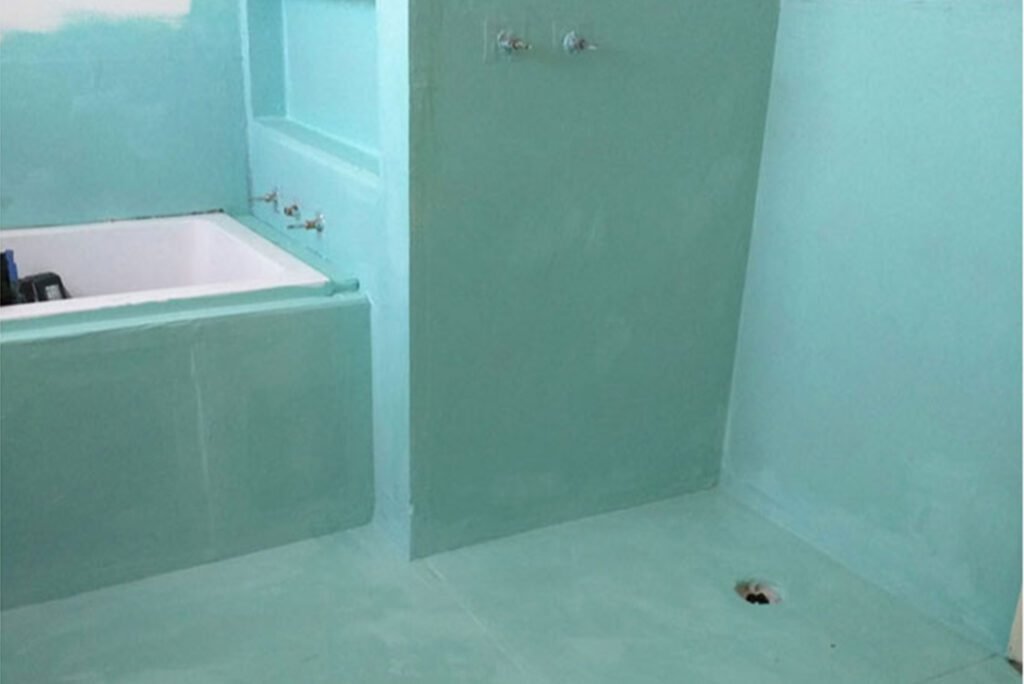
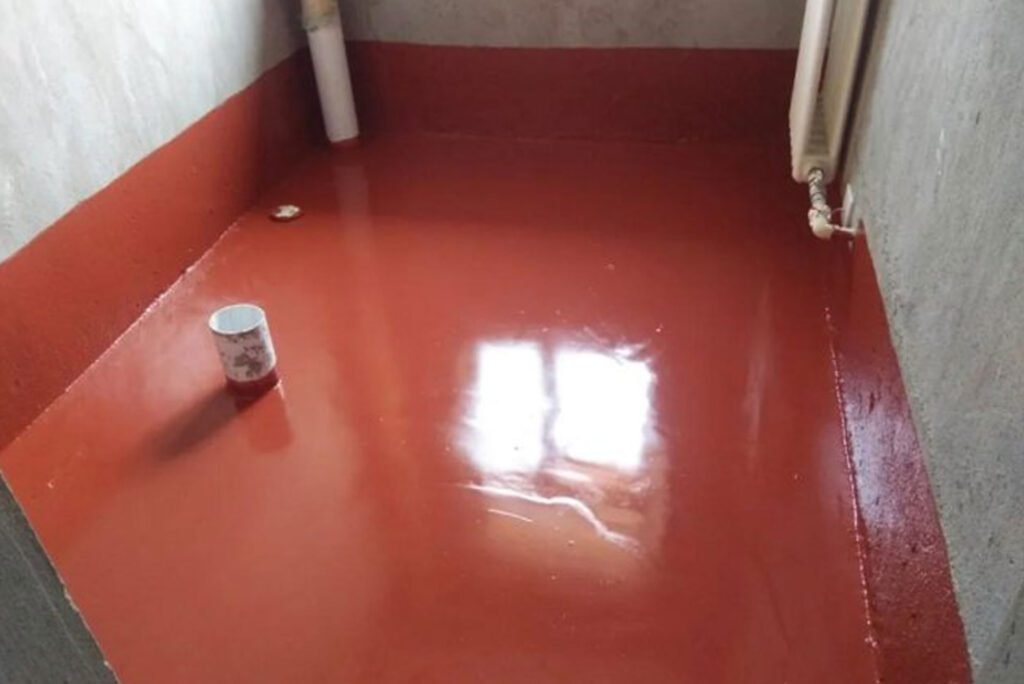
Are There Any Limitations or Precautions When Using Polyurethane Waterproofing?
While polyurethane is highly effective, it’s important to understand its application conditions and limitations to ensure best results:
- Surface preparation is critical – The substrate must be clean, dry, and free from dust or oil.
- Not suitable for constantly submerged areas unless using specialized formulations.
- Two-component PU requires accurate mixing for optimal performance.
- High humidity or rain during curing can affect adhesion or result in bubbling.
- Requires trained applicators – Uniform thickness and curing time are key to system success.
By following manufacturer guidelines and ensuring proper site conditions, these limitations can be minimized and the product can perform to its full potential.
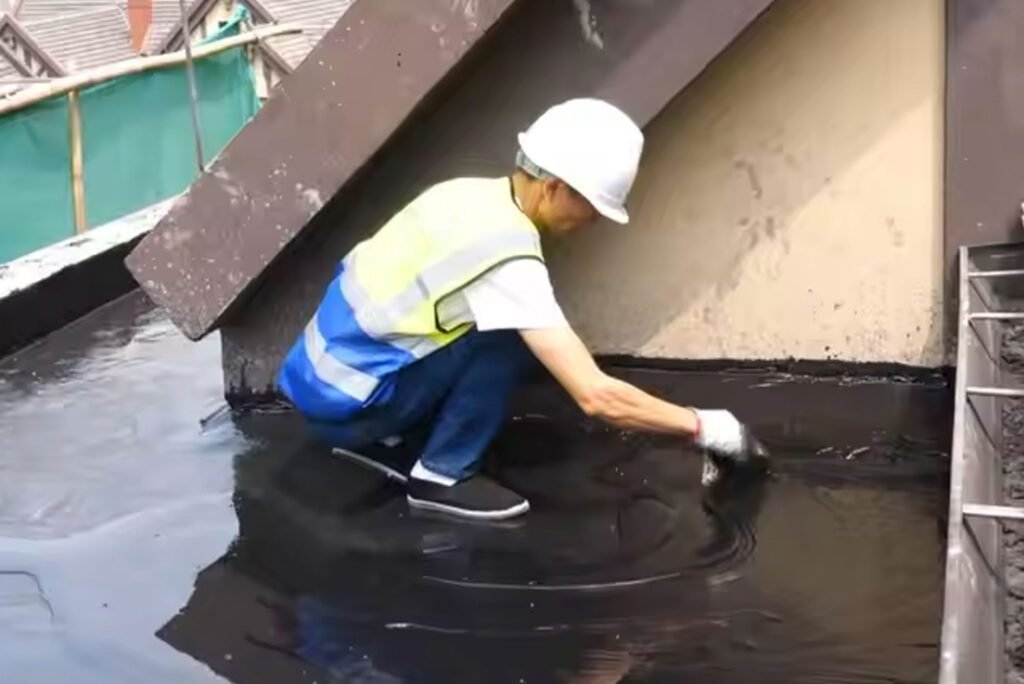
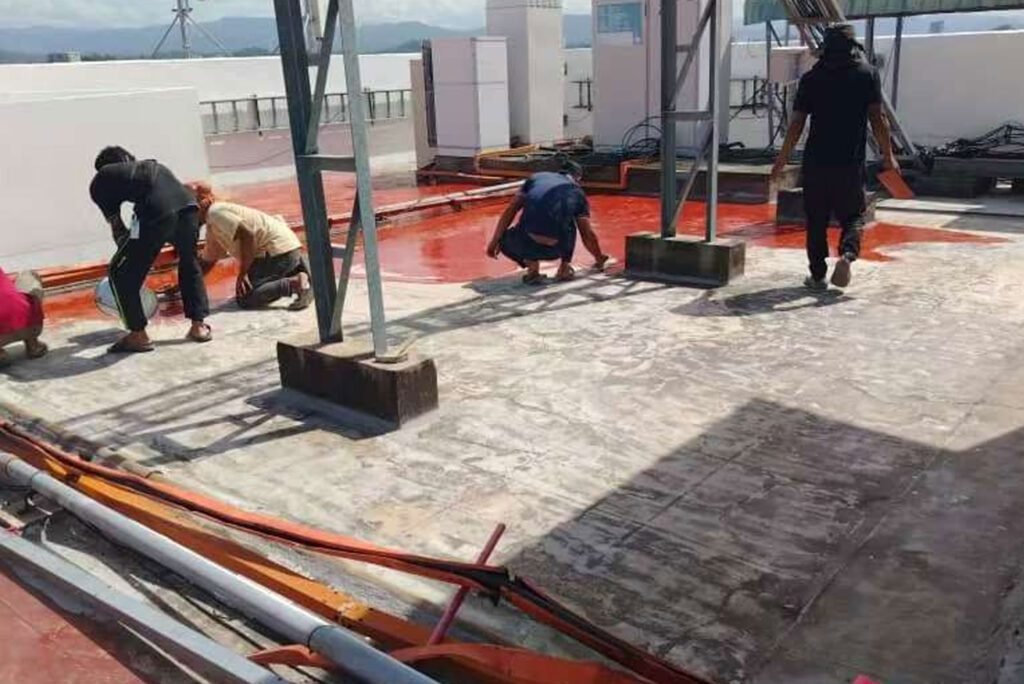
How YURU Waterproof Delivers High-Quality Polyurethane Waterproofing Solutions?
At YURU Waterproof, we provide professional-grade polyurethane waterproofing coatings designed for durability, performance, and versatility. Whether your project involves a rooftop, a water-retaining structure, or an industrial application, we have solutions to meet your needs.
Our polyurethane product range includes:
- Single-component and two-component PU coatings.
- High-elasticity and crack-bridging formulas.
- UV- and weather-resistant options for exposed use.
- Low-VOC, environmentally friendly versions.
- Technical support and customized product recommendations.
With our in-house R&D and experienced technical team, YURU Waterproof can tailor the right PU solution for your project—delivering reliable protection with long-lasting value.
Conclusion
So, is polyurethane good for waterproofing? Absolutely.
Its seamless finish, strong adhesion, flexibility, and resistance to water, UV, and chemicals make it one of the most dependable waterproofing materials on the market. From rooftops to tunnels, polyurethane performs across a wide range of applications—when installed properly and with the right product formulation.
Looking for a polyurethane solution for your project?
Contact YURU Waterproof for technical support, product selection, and long-lasting protection that works.
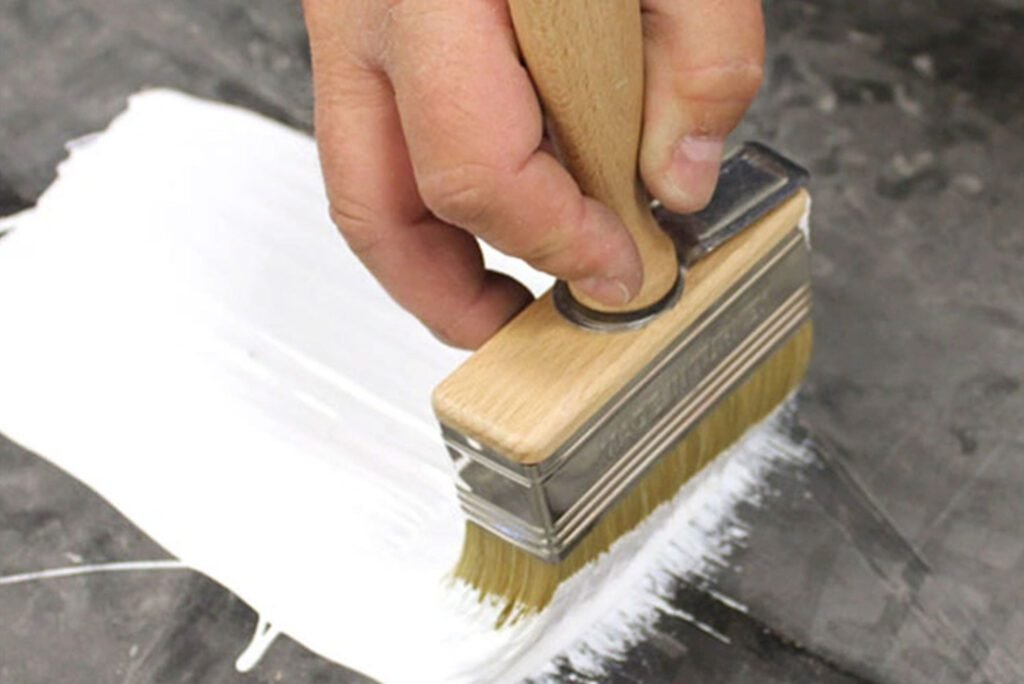
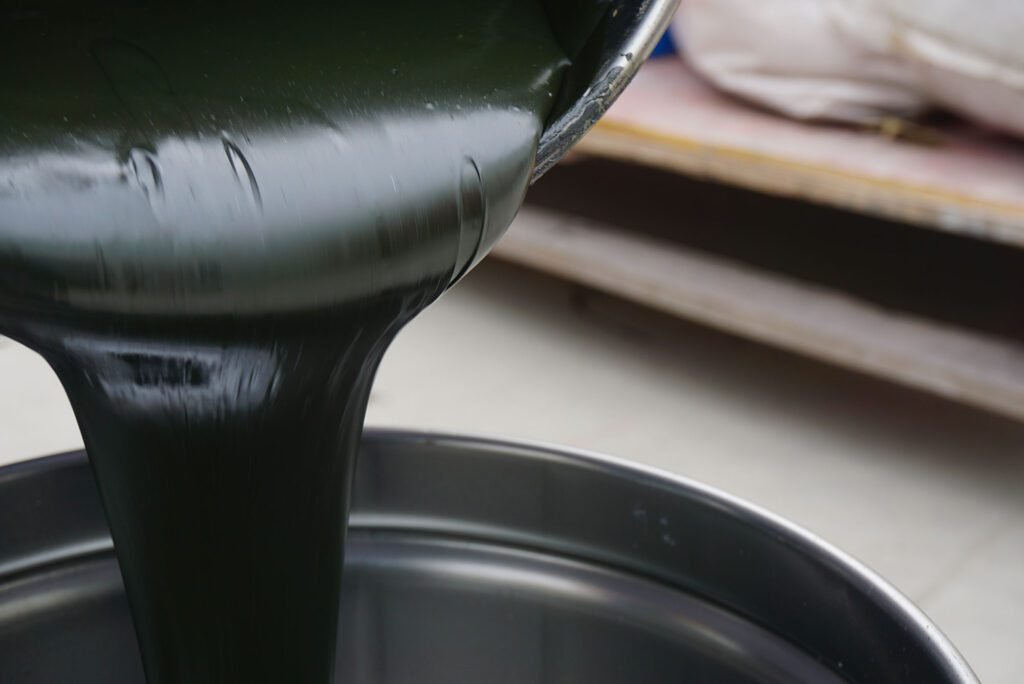
YURU Product solutions
Waterproof Coating
- One-component oil-based polyurethane waterproof coating
- One-component water-based polyurethane waterproof coating
- Two-component polyurethane waterproof coating
- Two-component 6.0Mpa polyurethane waterproof coating
- Transparent Waterproof Glue
- Nano Invisible Waterproof Agent
- Silicone Waterproof Coating
- Acrylic Waterproof Coating For Metal Roof
- JS Polymer Waterproof Coating
- High Elastic Liquid Rubber Waterproof Coating
- Cement-based Penetrating Crystallization Waterproof Coating

